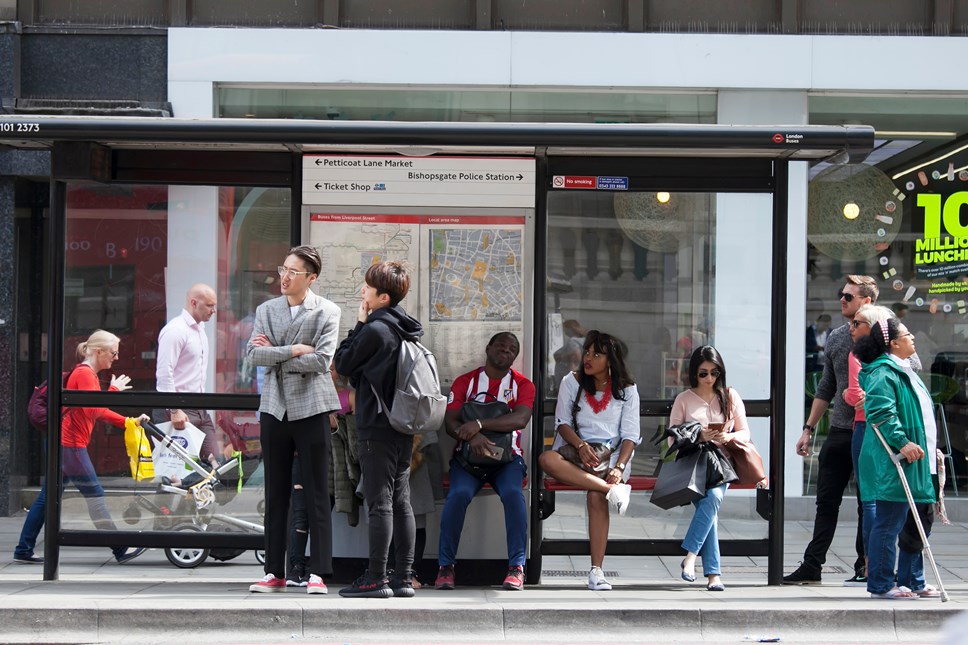
New research shows London rail passengers less likely to use trains in future if timetables are reduced
As the Government reveals the next steps in its plans to reform the railways in the Queen’s Speech, new research from London TravelWatch shows that more needs to be done to improve value for money; the way companies deal with delays and tackle crowding if Great British Railways is to live up to its aim of providing a ‘modern and improved service for passengers’.
The research also shows that although London Train passengers currently think that the frequency of their train service is adequate, if trains became less frequent, nearly 2/3 say they would use the train less.
Millions of people living in and around London rely on the train to get to work, visit friends and family or for leisure trips – in fact 70% of all train journeys actually start, finish or pass through London. Over the past few months, London TravelWatch has been talking to people* who use the train in and around London, to help understand their priorities.
The key findings in the research were:
- In general, people thought the current frequency and punctuality of trains was ‘good enough’ but 64% said further service cuts would discourage them from using the train.
- Only 39% of people thought their rail fares were value for money
- 69% agreed that trains running on time is important as a matter of principle
- Only 37% of people were satisfied with how train companies deal with delays
- Less than half (45%) were satisfied with the level of crowding on their trains and people were divided about whether adding extra carriages could make up for less frequent services
- 58% of people said that they got most of their information about train service changes at the station, rather than a train company website, social media or an app or alert
- Disabled passengers are significantly more likely to be very dissatisfied with connections with other forms of transport (17%) and step-free access (18%)
- People still thought most trains should be allocated during the peak commuting hours of 6-9am and 3-6pm. Although there was support for early morning and late night trains too.
- 38% of people were dissatisfied with toilet facilities at stations, while many were also dissatisfied with the availability of bike/car parking
Commenting on the findings, London TravelWatch CEO, Emma Gibson said:
‘This research will give the Government and train companies food for thought as we move closer to the new Great British Railways model. People may have told us that generally rail services were OK but that could easily change if timetables are reduced further, with nearly two thirds telling us this would put them off travelling by train. Added to this, many people we spoke to don’t feel that they are getting value for money when they travel by train and they aren’t prepared to put up with crowding on their services as they might have done pre-pandemic.
Emma continued:
‘It was also interesting to see that most people still get information about trains at the station rather than on their websites, social media, apps or messaging services – a useful reminder for train companies considering closing ticket offices or changing opening hours at stations.’
